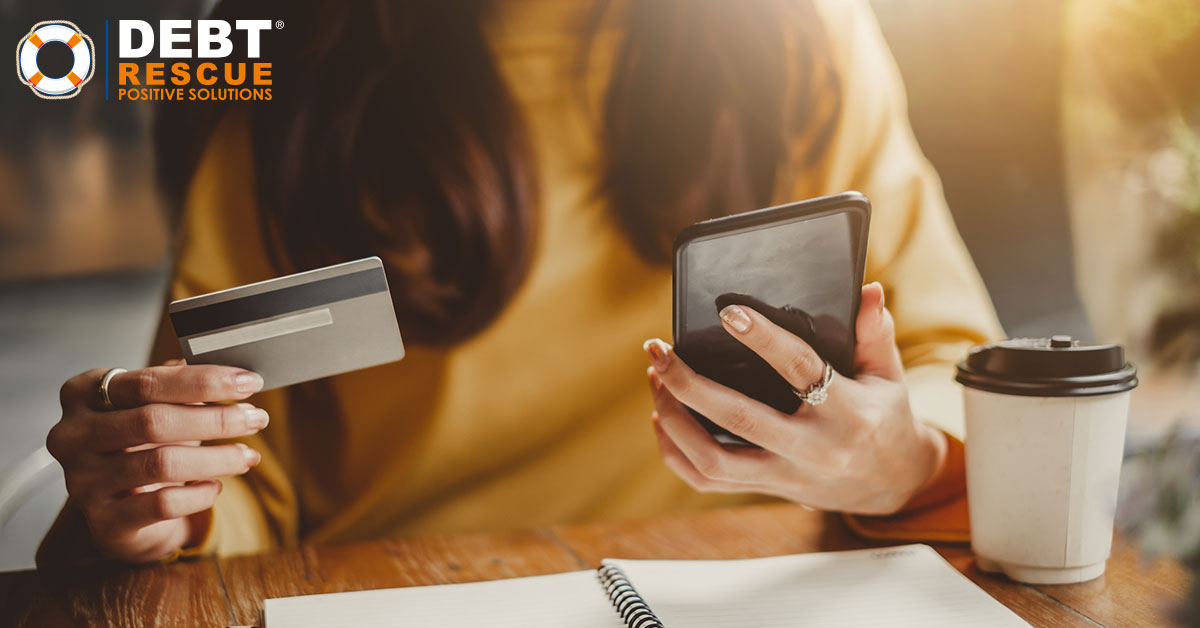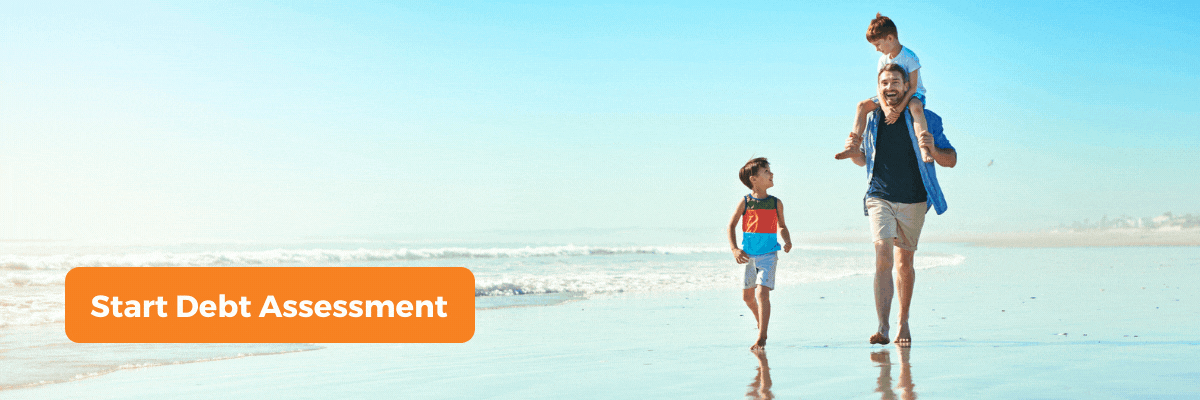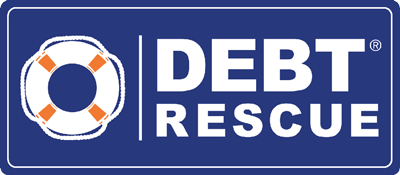Credit card debt is a growing problem in Australia. Credit cards give you the ability to buy now and pay later, but it comes with a cost. The Australian Securities and Investments Commission (ASIC)’s 2017 report on credit cards found Australia has an outstanding balance of almost $45 billion. Unfortunately, paying off a mounting credit card debt isn’t easy, but being debt-free will be worth it in the long run.
Multiple credit cards mean more debt and more stress. But knowing how to pay off your credit cards is essential, so you can stop worrying about repayments, late fees and growing credit card debt. Let us take you through the steps involved in paying off your credit cards quickly and efficiently, so you can get back to living your life without nasty credit card debt hanging over your head.
Set a Goal
The first step to paying off your debt is figuring out what’s actually owed. You should sit down and calculate how much debt you have. To do this, go over your budget (or create one if you haven’t already) and find out which debt you should prioritise to be paid off first. If you have multiple credit cards, use the snowball method to determine the credit card with the smallest balance. Set yourself realistic short and long-term goals so you know what your motivation is. Goals could be anything from aiming to pay off a certain amount of your credit card debt each month, or to have all debt paid off in a set number of years.
Put Away the Plastic and Get Out of Credit Card Debt
It’s easy to get trapped in the loop of debt if you keep using your credit cards to pay for things. Once there’s an action plan in place to pay off your credit card debt, it’s time to put it away so you won’t be tempted to use it. Take it out of your wallet and hide it in a safe place. You should now be using your debit card to purchase all necessities, rather than racking up more debt on your credit cards.
You can also start using cash instead of card to pay for your daily expenses. Using cash gives you the ability to see exactly how much you can spend each pay period and how much you have left. If you have any cash leftover, you can add it to a savings jar. It’s amazing how much you can save. If you have multiple credit cards, once you start paying them off the best thing to do is to cancel them altogether. This will get rid of all temptation to use them.
Keep Up with Your Credit Card Repayments
In order to reduce the amount of interest you’re paying, it’s important to ensure you pay the minimum monthly repayments (at the very least). This will help you prevent further debt due to late fees piling up. If you want to pay off your credit card debt fast, paying the bare minimum won’t cut it. Doing so means you will just be paying off the interest and only a small portion of what’s actually owed. Your debt will take longer to pay off and you’ll end up paying more in the long-run.
Make a commitment to increase the amount of credit card debt you’re paying off month-by-month. Strive to find the balance between making repayments that put a considerable dent in your debt to leaving yourself with enough money for daily spending and other bills.
Use Your Savings
Any extra cash or savings you have put away should go towards paying off your debt. If you were saving for something such as a holiday or new car, it’s strongly recommended to reconsider using this money to pay off your debt. Think about it. You might have $10,000 sitting there in savings for a holiday, but two credit cards maxed out, owing $5,000 each. One credit card has 8% interest, whereas the other has 12%. If you make minimum repayments on each, you’d be paying approximately an extra $6,000 in interest. That’s almost double the borrowed amount.
You can use our credit card calculator to determine how long it will take to pay off your credit card debt with minimum monthly repayments. This will show you how much you will save by using your savings to pay off your debt now, instead of later. Any interest earned on your savings would be much less than the interest you’ll owe on your unpaid credit card balance, so it’s certainly worth making the big withdrawal to enjoy a future free from debt.
Just be aware of the distinction between your savings and your emergency fund. Your emergency fund should stay intact in case of an emergency. However, if your financial estimate of what constitutes as an ‘emergency’ is low and you don’t have children or pets in the picture, then you might be able to justify depleting your emergency fund by a small amount.
Create a Budget and Stick to it
Once you know how much your credit card repayments will be each month, it’s important to create a budget and then ensure you don’t stray from it. This might mean saying no more often to that morning takeaway coffee and spending less on luxuries. Work out your monthly income and how much you spend on essential expenses such as rent, petrol and utilities. Allocate money to pay for these important things first.
When you aim to pay off your credit card debt in full, your surplus income (i.e. the money left over from paying for necessities) should mostly go towards paying the balance of your credit cards. It’s smart to keep some for emergencies, but the goal should be to pay as much as you can now, so there’s less to pay later. If you need a helping hand with your budget, you can download our free budgeting guide, A Road Map to Financial Freedom. It’s a step-by-step guide to help you set up your financial structure, plan your budget and manage your finances into the future.
What is Credit Card Consolidation?
If you have debt on multiple credit cards and are struggling to balance your repayments on all of them, credit card consolidation might be the solution for you. Credit card consolidation (also known as debt consolidation) combines all of your credit card debt into a single loan with just the one loan repayment. In the right circumstances, credit card consolidation works to reduce the amount of interest owing, remove multiple fees across debts and improve cash flow with just the one easy repayment.
How to Consolidate Credit Card Debt
At Debt Rescue, we can help consolidate your credit card debt and bring you closer to living debt-free. We offer a variety of debt strategies that can be tailored to suit all kinds of financial circumstances. These include debt consolidation, mortgage refinancing, Part 9 Debt Agreements, informal agreements and bankruptcy assistance. Our expert Case Managers will take the time to get to know you, your finances, your debts and your situation and make recommendations tailored to suit your individual circumstance. We give you as much information as possible upfront, so you can make an informed and educated decision moving forward.
Get in touch with us today on 1800 003 328 for a free consultation.
-137x60px.png)




